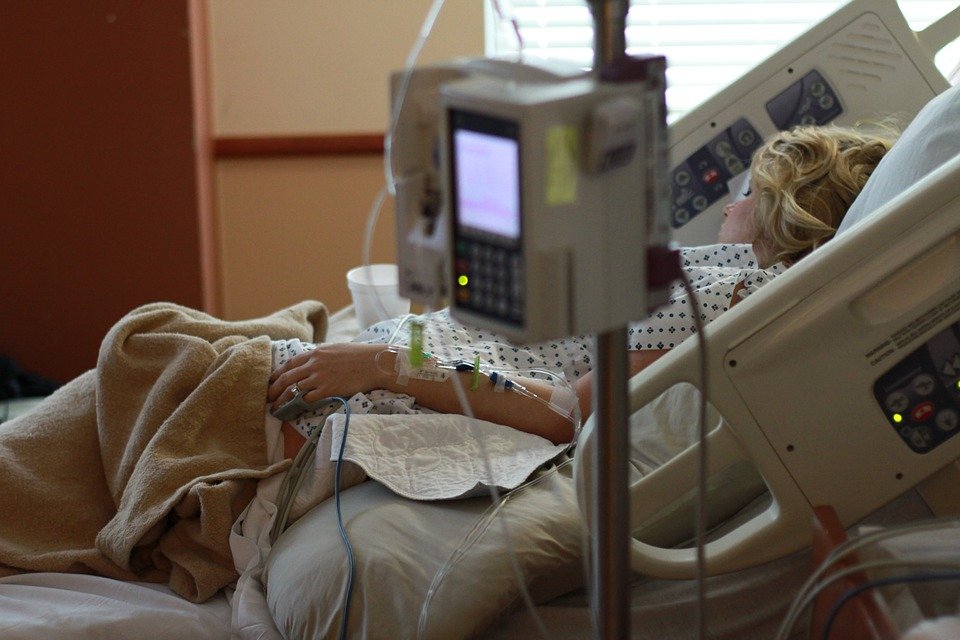Although cancer treatment can have negative effects on household finances and living expenses, a small percentage of patients considered cost to be a factor in making their treatment decisions. This and other findings from Impact of Cancer, a new survey from Health Union, illuminate the perspectives and experiences of people impacted by all forms of cancer and showcases the individualized nature of tradeoffs considered when making treatment decisions.
Within the survey, 44 percent of patients reported their cancer has negatively impacted their household finances, savings and living expenses. Surprisingly, however, only 7 percent said they considered treatment cost as a determining factor, ranking far behind other decision factors.
More than eight in 10 patient respondents reported their healthcare providers played a role in their treatment decision-making process, followed by a bevy of other factors, including treatment effectiveness (41 percent), potential side effects (23 percent), information from online communities (14 percent) and convenience (9 percent). These survey results support the reality that there are multiple factors being considered as patients make treatment decisions and that the most seemingly obvious ones – cost, for example – might not always be the key drivers.
Overall quality of life considerations, including fear and uncertainty, offer additional insight. More than six in 10 patients said they are scared about the possibility of their cancer coming back or getting worse. More than half said cancer has impacted their intimate or sexual relationships, and half said they are scared of what the future has in store for them and their families. These results point to the idea patients are prioritizing and valuing their close relationships, as well as how cancer affects them.
The survey also uncovers insightful information about the degree to which patients feel they are actively involved in the treatment decision-making process. Eight in 10 patients felt they equally decided on their treatment plan with their physician. Compared to those who felt less involved in treatment decisions, those who were equally involved typically felt they had all the information they needed, including impact on daily life and potential side effects, and experienced less regret about their decisions. Therefore, the more information patients receive about the impact of treatments, including side effects, the more prepared they feel about making decisions that make sense for them.
“We’ve found in our communities – and these survey results confirm it – that the factors valued when making treatment decisions can vary greatly from one person to the next,” said Tim Armand, co-founder and president of Health Union. “Therefore, it’s important for patients to find healthcare professionals who are truly partners in furthering their care and gathering as much information as possible about the individual, which will ensure treatment decisions more accurately address their personal needs and values.”
Health Union’s Impact of Cancer survey gathered perspectives from 1,625 U.S. respondents impacted by a variety of cancer types – a mixture of 1,517 patients diagnosed with cancer and 108 caregivers – from July 11 to Aug. 21, 2018. Survey respondents represented a wide range of cancer types, from those with a larger patient population, like lung and breast cancer, to rarer forms, like testicular and bone cancer. Both a summary infographic and video of the results are available on all of Health Union’s oncology communities; additional survey results may be available upon request.
Of the 19 communities Health Union currently hosts and maintains, five are oncology-specific: BladderCancer.net, Blood-Cancer.com, LungCancer.net, ProstateCancer.net and SkinCancer.net. A sixth oncology community – AdvancedBreastCancer.net – will launch in 2019.
About Health Union
Health Union encourages social interactions that evolve into valuable online health conversations, helping people with chronic conditions find the information, connection and validation they seek. The company creates condition-specific online ecosystems – publishing original, daily content and continuously cultivating social conversation – to support, educate and connect millions of people with challenging, chronic health concerns. Today, the Health Union family of brands includes 19 online health communities, including ParkinsonsDisease.net, MultipleSclerosis.net, Blood-Cancer.com and Type2Diabetes.com.






